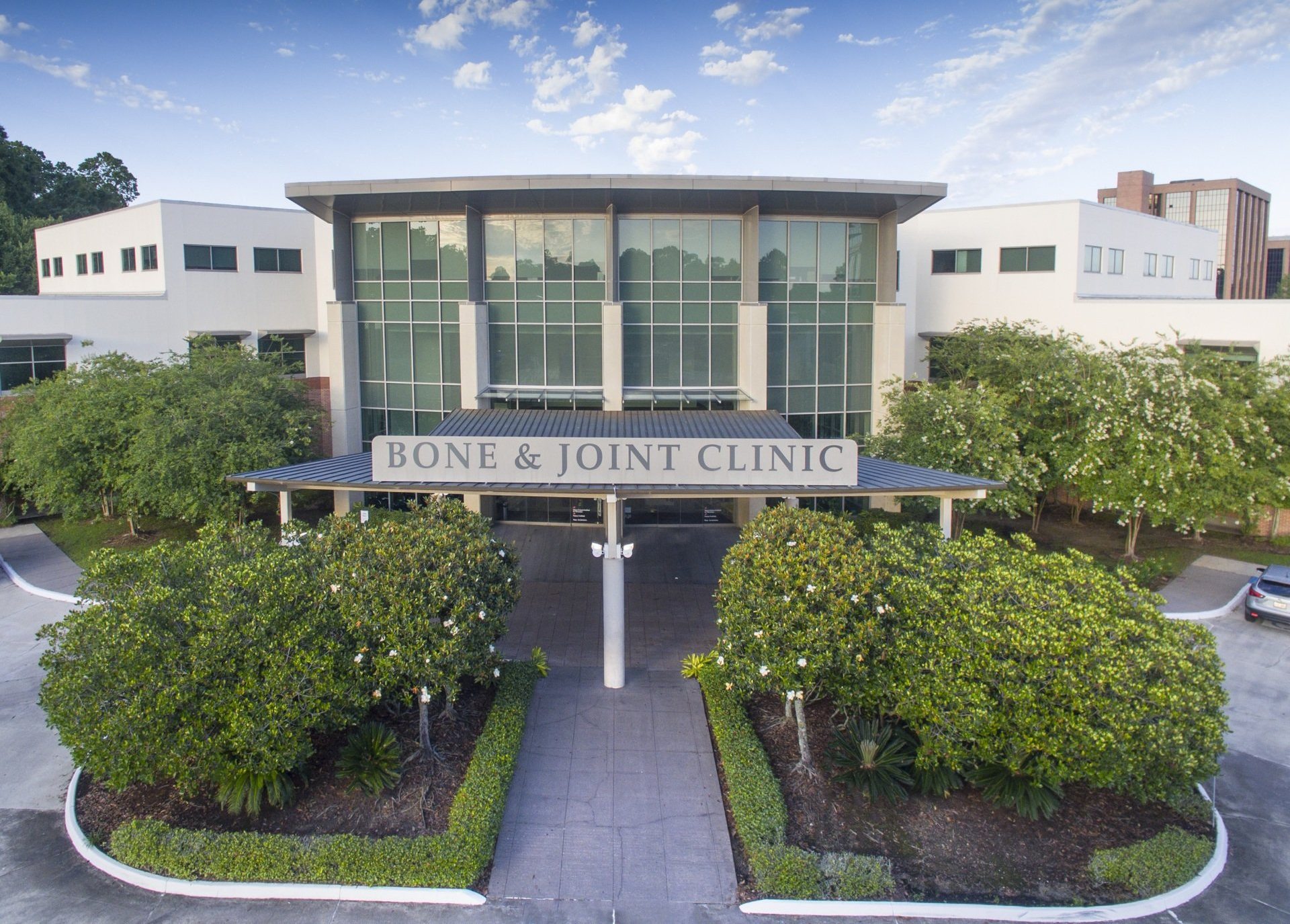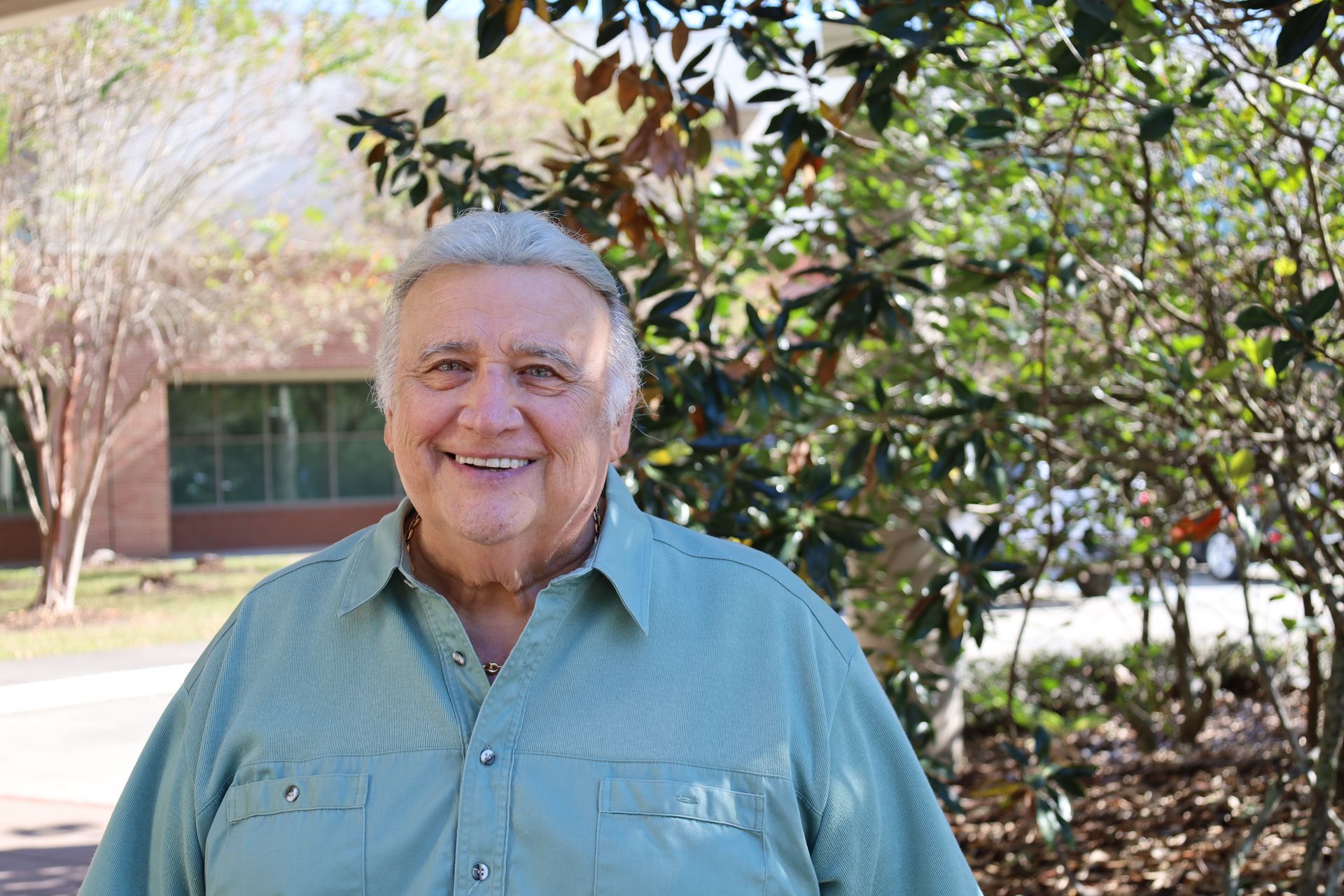Imagine a gradual onset of pain in your shoulder. You find it difficult to move or lift your arm without discomfort radiating throughout the joint. Over time, this restricted motion worsens, and eventually, you find it nearly impossible to move the shoulder at all. If this has ever happened to you, then you are all too familiar with the condition known as frozen shoulder.
Frozen shoulder, or adhesive capsulitis, occurs when the connective tissues surrounding the bones, ligaments and tendons of the shoulder become increasingly inflamed. The root source of this inflammation is still largely unknown, and the process of frozen shoulder can take up to three years to fully resolve without intervention. Along that path, there are three distinct phases which characterize the condition.
Frozen Shoulder Phase 1: Freezing
The initial onset of symptoms occurs during the freezing phase. This phase is the most painful of the three, hallmarked by intense discomfort more so than restricted motion. Because of this, it is sometimes mistakenly diagnosed as an issue with the rotator cuff. The phase can last up to 6 months, and by the end, mobility of the shoulder joint will also be affected.
Frozen Shoulder Phase 2: Frozen
While the good news is that pain typically subsides during the second phase of frozen shoulder, the bad news is that range of motion becomes drastically limited. Stiffening becomes so severe that not only can the patient not move the shoulder but it can be difficult for the physician to manipulate as well. This restriction can greatly limit arm function and ability to complete routine tasks. While there are steps that can be taken to help ease inflammation and improve motion, most patients will remain in this phase for anywhere from 6 weeks to 6 months.
Frozen Shoulder Phase 3: Thawing
During the final phase of frozen shoulder, symptoms begin to gradually improve. Any remaining pain begins to subside and inflammation slowly decreases, allowing the patient to once again experience a normal range of motion. However, this phase also lasts the longest. It can take some patients up to 2 years to fully regain their mobility once the thawing stage has begun.
Frozen shoulder can be a frustrating, painful, and debilitating condition. While patience and time are a necessity to overcome adhesive capsulitis, there are also steps that an orthopedic physician can take to help progress healing, improve comfort, and shorten the process. Medication, injections, and physical therapy are often incorporated in a treatment plan. More severe cases can require more invasive interventions such as closed manipulation or arthroscopic management. If you are suffering from the signs and symptoms of frozen shoulder, contact Bone and Joint Clinic of Baton Rouge, and learn how our team of specialists can help.




